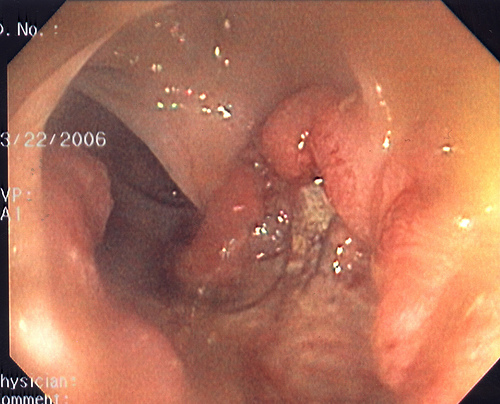
Make time for your health this year — take steps to reduce your risk of cancer.
There are many causes and kinds of cancer, but a combination of enough physical activity, proper nutrition, avoiding tobacco and regular screenings can help reduce your risk for many types of cancer.
Physical activity
Regular physical activity can reduce your risk of being overweight and obesity, which are known to increase the risk of breast and colorectal cancers.
Make it a priority to get 30 minutes of moderate physical activity five days a week, or 20 minutes of vigorous activity 3 days a week.
According to the Centers for Disease Control and Prevention, you should do this as well as include eight to 10 resistance-training exercises involving all muscle groups, two or three days a week.
Nutrition
Visit fruitsandveggies morematters.org to determine how many servings of each food group you should consume everyday.
Eating a healthy balanced diet is critical, because fruits and vegetables are full of cancer-fighting antioxidants.
Limit the amount of sugar, salt and fats you consume and drink more water.
Tobacco
It is NEVER too late to quit using tobacco. Tobacco in any form (smoked or chewed), contains carcinogens, chemicals which are known to cause cancer.
Whether you use tobacco or not, it is best to limit exposure as much as possible.
If you are ready to quit using tobacco, call the tobacco quit line at: 1-800-QUIT-NOW.
Monthly/yearly screenings
Screening tests can find cancer early, when it is most easily treated and often curable.
Talk to your doctor about which of the tests below are right for you and when you should begin adding them to your calendar.
- Breast cancer — The American Cancer Society recommends a breast exam by a doctor every two-to-three years for women in their 20s and 30s, and a mammogram every year for women over age 40.
- Cervical and ovarian cancer — Women should begin pap tests and pelvic exams three years after they become sexually active and all women should begin these screenings annually after age 21.
- Colorectal cancer — The most common screening tests include the fecal occult blood test and colonoscopy.
Baseline colonoscopy screening should be done at age 50. Your doctor will determine how often you need to be tested.
- Prostate and testicular cancer — Men need to schedule screenings for prostate health, starting between ages 40-50.
Sometimes this cancer can be detected through a blood test before you have any symptoms.
Be sure to ask your doctor about this exam as well as how to do a testicular self-examination.
For more information about cancer, or screening recommendations, visit cancer.org or contact the local American Cancer Society office, in Erie at 866-5174.
The Pennsylvania Cancer Education Network provides speakers for adult groups and worksites interested in learning more about colorectal, ovarian, and prostate cancers. call 451-6764 to schedule a presentation.
KIMBERLY BEERS is a public health educator with the Erie County Department of Health.